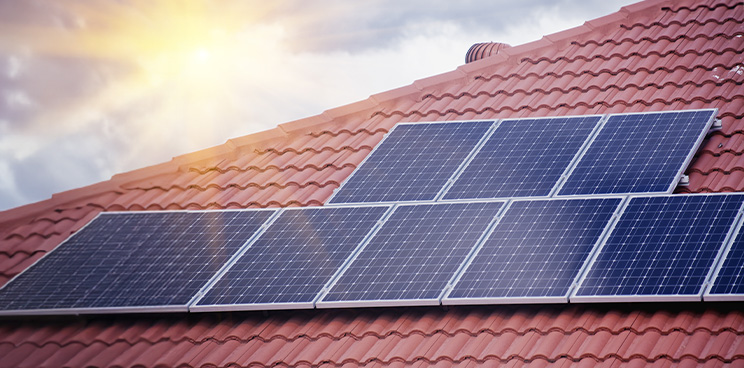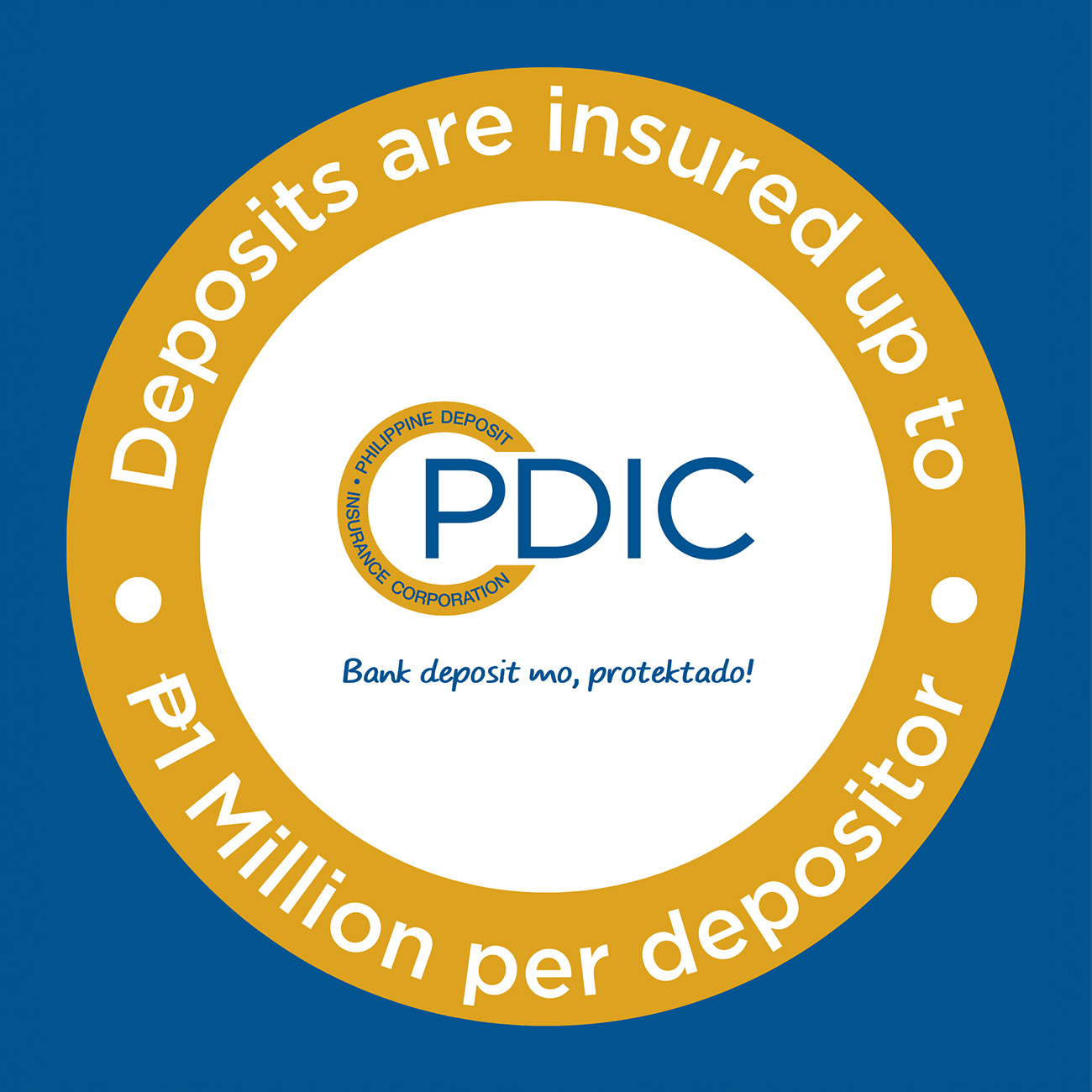Finding the right home is one of the most significant financial decisions a Filipino can make. With real estate prices rising across the Philippines, many potential homeowners face the dilemma of whether they should be renting or buying a house.
The choice between renting vs buying a home depends on several factors such as one’s financial situation, lifestyle preferences, and long-term goals. Here are the pros and cons of each option to guide you toward making the best decision for your circumstance.
While deciding whether to rent or buy a home, there are a few factors that every Filipino should consider before committing to it. Understanding the advantages and disadvantages of each option can help you make the best decision for you and your goals.
Flexibility vs Stability
- Renting: Renting offers flexibility, which can be crucial if you’re not ready to settle down. This option allows you to move quickly, whether for work, lifestyle changes, or family reasons. Many Filipinos working in urban hubs opt to rent properties close to business districts, making commuting more convenient without the long-term commitment of homeownership. If you need to relocate to another city or adjust the size of your space, renting allows you to do so easily.
- Buying: While renting a home may provide flexibility, owning a home can provide stability. Once you’ve paid off your loan for a new home, you’ll have an asset that you pass on to your children or use as an investment. Owning a home also increases your net worth and helps you build equity. However, just remember that when you buy a home, you’re committing to staying in that area for a long time.
Monthly Expenses and Long-Term Costs
- Renting: When you rent, you avoid the large costs associated with buying a home such as downpayment, registration fees, taxes, and mortgage payments. Renting absolves you from these long-term costs, and you also won’t need to worry about maintenance or repair costs because that responsibility lies with your landlord. However, renting a property is an ongoing expense and you won’t build equity from doing this.
- Buying: Purchasing a home is a big decision that will require a significant portion of your finances immediately. Although, it’s considered a long-term investment, buying a home will need a lot of preparations, especially for costs like down payments, closing fees, and taxes. However, as you continue to pay your mortgage or personal housing loan, you’ll also start to build equity for your property. Considering the overall cost of real estate in the country, it may be a good idea to invest in a property sooner rather than later. Remember, if you decide to move elsewhere, you can choose to sell this property.
Financial Health
- Renting: Renting requires less financial commitment upfront, allowing you to maintain a better cash flow. This is an excellent option if you prefer to stay financially flexible for other goals such as building an emergency fund, saving for retirement, or starting a business because the savings you accumulate can be put towards these goals.
- Buying: Buying a home requires a large initial investment as well as committing a portion of your monthly income to pay off your mortgage. This can lead to limiting your spending power for the foreseeable future until you build equity. However, homeownership helps secure long-term financial stability and is a significant step toward building an asset portfolio.
The choice between renting vs buying a home depends on several factors such as one’s financial situation, lifestyle preferences, and long-term goals.
Maintenance Responsibilities
- Renting: When you’re leasing a property, the cost of maintenance and repairs do not fall on you – these are the responsibility of the landlord. This can reduce unexpected expenses and provide peace of mind for tenants.
- Buying: If you own the home where you’re living, you’ll be responsible for all maintenance and repair costs. Over time, these costs can add up. If you also want to improve, renovate, or extend your home to increase its value over time, you’ll also need to foot the bill. Thankfully, these types of expenses can fall under the personal loan category, making it easier to execute and manage these costs.
Location
- Renting: Renting allows you to live in prime locations which can be financially out of reach for home buyers due to high property prices. In urban cities all over the Philippines, buying a property may not be feasible, so if you want to still live close to work minus the financial burdens of homeownership, renting may be the best path.
- Buying: Buying homes in prime areas can be expensive, but it can be an excellent investment opportunity if the area is expected to grow. Research the location thoroughly to ensure the property value will appreciate in the future. In growing cities or less urbanized areas, purchasing a home can be a solid investment strategy.
Lifestyle and Career Considerations
- Renting: For individuals who require career mobility, renting is the ideal option. Young professionals whose change in careers may require them to relocate can benefit from the flexibility of renting. Some rental properties also offer amenities like gyms and swimming pools, which may be harder to afford as a homeowner.
- Buying: For individuals with stable careers who plan to settle in one place, buying a home can be part of a long-term life plan. Homeownership is appealing to those who want to establish roots in a community and enjoy the stability that comes with owning a property.
Tax Benefits and Other Incentives
- Renting: In the Philippines, renters don’t receive tax benefits or incentives. Rent is purely an expense.
- Buying: Homeownership offers potential tax benefits. Property taxes, mortgage interest, and some renovation expenses may be tax-deductible, providing financial incentives that renting does not.
The choice of whether you should buy or rent a home depends entirely on your situation and goals. Ask yourself the following questions to help guide your decision:
- How stable is your income?
- Are you financially prepared for homeownership?
- Are you planning to stay in one location for the foreseeable future?
- Can you afford the upfront costs of buying a home?
- Do you want the flexibility of renting, or do you prefer the stability of homeownership?
Renting or buying a house is a highly personal decision, but for many Filipinos, homeownership is part of a broader strategy to achieve financial stability and independence. If you're considering purchasing a home, you may want to explore home loans that fit your requirements.
In the end, the decision of renting vs buying a home comes down to your financial goals and personal circumstances. For those who value flexibility and lower upfront costs, renting may be the better option. If you’re on the other end of the spectrum and you're ready to invest in a long-term asset and enjoy the stability of homeownership, buying a home can be a smart financial decision. Whichever path you choose, make sure to weigh the pros and cons and explore financing options that give you the best value.

Taking advantage of credit card installment plans

How to Pay Your Credit Card Bills Online








